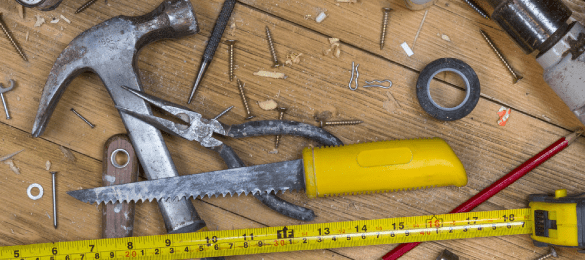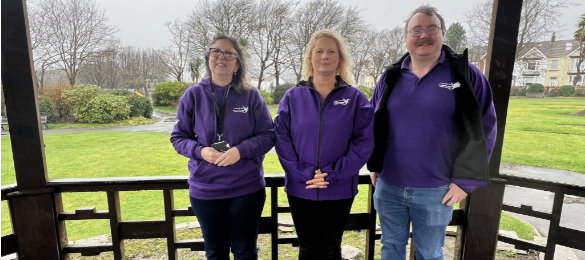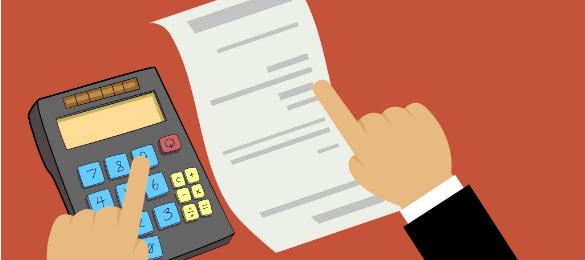What is a lease?
Page updated on: 03/10/2024
A lease is a legally binding contract between you (the leaseholder) and Carmarthenshire County Council (your landlord). It sets out your rights and responsibilities and those of your landlord.
Before you purchased your property, your solicitor should have explained your lease in full so that you understand both your responsibilities as a leaseholder, and the council's responsibilities as a landlord. You should have been given a copy of your lease by your solicitor.
Your mortgage lender should keep the original copy of your lease and copies can be obtained from them. We can also provide you with a copy if applicable. If you do not have a mortgage, you should keep the original copy of your lease and ensure it is safely stored.
It gives you the right to live in the property for a fixed period of time as long as you comply with the conditions set out within it. The length and conditions of the lease will vary depending on what was agreed at the time of sale. A lease usually runs between 99 to 125 years, and in most cases are dated from the first time a property was sold in the block. If you have purchased your home from another leaseholder, you will have the right to live there for the number of years remaining on the original lease.
Your lease will include all the details of your rights and obligations you are expected to meet.
We advise all leaseholders keep hold and read through a copy of their lease as this forms the basis of your contract with us (your landlord). If you wish to obtain a copy of your lease, please contact the team on:- 01267 228920 / 07393 762642.
Your lease will be individual and state specific requirements which will include all the rights and responsibilities you have, however most leases will include the following criteria:
- To only use your home as a private residence.
- To pay the ground rent and service charges in a timely manner.
- As a leaseholder you are responsible for keeping the inside of your home in a good state of repair and you are responsible for any repairs and maintenance work to the inside of your home and payment in full to cover the cost.
This includes:
Decoration inside your home
Fixtures and fittings such as baths, toilets, sinks, kitchen units
Internal doors and doorframes
Walls, ceilings, flooring and plastering
Heating systems, electrics, plumbing, pipes, water tanks, wiring, cables, radiators, drains
Installing, repairing and maintenance of gas and electrical fittings and appliances
Cleaning and sweeping of flues and chimneys
Gardens (if you have one)
You must also:
- Not undertake any structural alterations or additions without our written permission.
- Not cause a nuisance or annoyance to your neighbours as noise is the number one cause of disputes between neighbours. Please try to be sensitive and let your neighbours know if there will be unusual noise or workmen in your home or you are planning a party.
- Not misuse any garden area or erect any fence on any shared area or shared right of way.
- Not to cause any damage, hazard or obstruction to the building, communal areas, or neighbouring properties.
- If you sublet your home, let us know. It is important that we have the correct details of the owners and occupants.
We strongly encourage you to arrange to have your gas appliances serviced on an annual basis by a CORGI registered heating engineer.
We strongly encourage you to obtain contents insurance on an annual basis.
Your individual lease will contain a number of rights and responsibilities in which we as the landlord are compelled to meet.
- To maintain the main building block in which you live in with repairs, major works and planned programmed works.
- We will consult and communicate with you regarding any major planned works and large repairs.
- Adhere to section 20 of the Landlord and Tenant Act 1985 which requires us to provide you with details and ask for your observations about intended works and services.
- To carry out required regular fire risk inspections and any other statutory checks and inspections, where there are communal areas.
- We will actively pursue outstanding arrears on service charges and engage with you to discuss and arrange an affordable payment plan.





